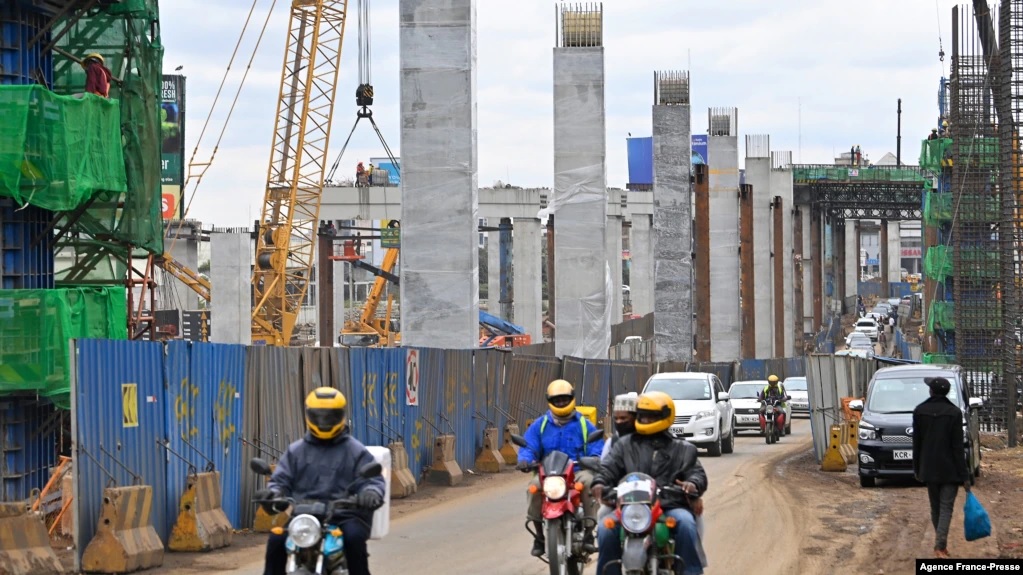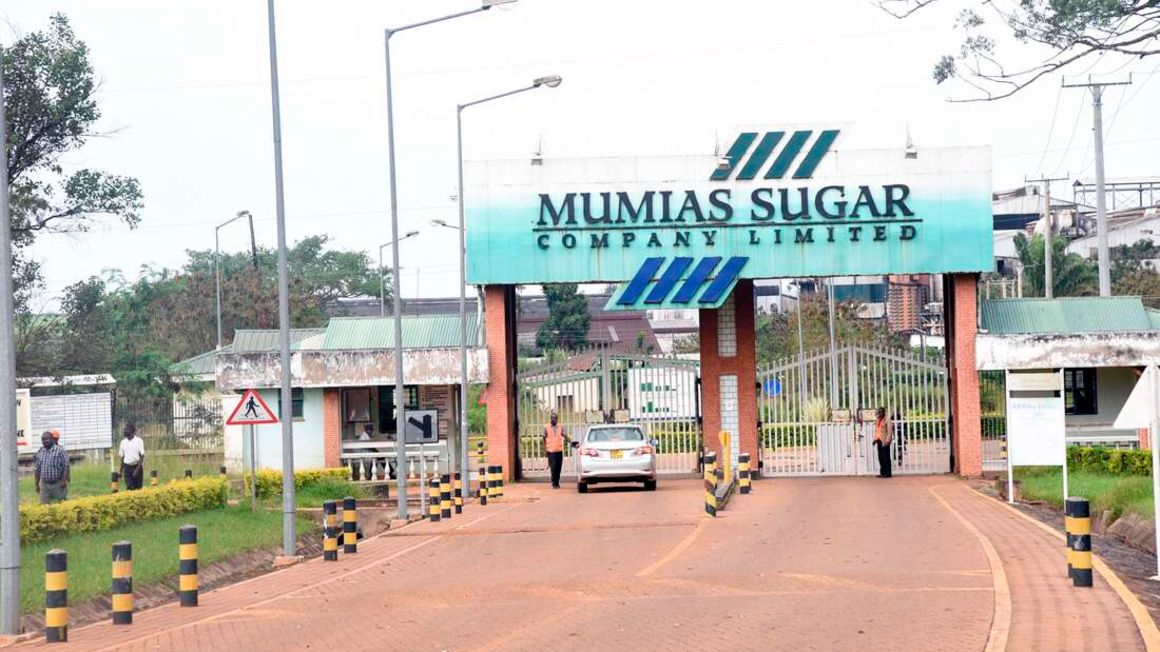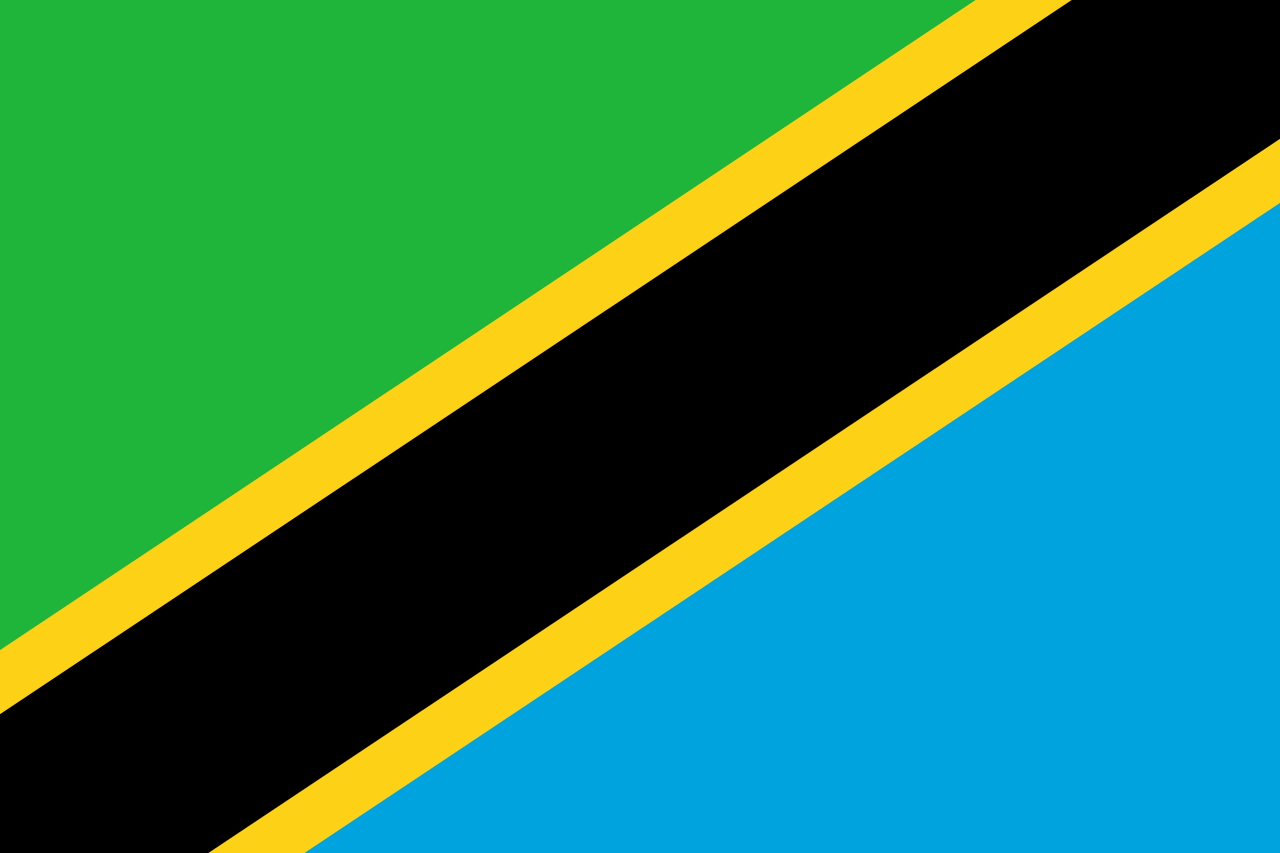Motorists drive on Mombasa road, next to the ongoing construction site of the Nairobi Expressway, undertaken by the Chinese contractor China Road and Bridge Corporation (CRBC), in Nairobi, Kenya, July 12, 2021. Photo AFP
NAIROBI — Kenya's President Uhuru Kenyatta has defended the country's China-backed infrastructure projects, which critics say are secretive, high cost, and put state assets at risk. Kenyatta made the comments Thursday at the site of the Nairobi Expressway toll road, which a Chinese company is building and will operate for 27 years.
The Kenyan government has come under criticism for its appetite for Chinese money to fund large-scale infrastructural projects worth billions.
While inspecting a construction site for the 27-kilometer Nairobi Expressway, Kenyan President Uhuru Kenyatta said the country benefits from the Chinese.
“Our partnership with China is one that is mutually beneficial, that is based on win-win and we are very grateful to the Chinese government and the Chinese people for the support they continue to render not only to our country but to the rest of Africa," said Kenyatta.
Chinese companies are building the expressway at a cost of $575 million. The road is expected to be finished in March.
Chinese companies also built Kenya’s $3.6 billion Standard Gauge Railway, which opened in 2017.
The Kenyan government’s critics say most deals between the two countries remain secret and could cause harm to the Kenyan economy.
Kenya has borrowed $50 billion to fund its infrastructure projects in the past few years and some fear the country’s Mombasa port could be given to China to operate if the country defaults on its loan repayments.
In 2015, when Angola failed to repay a loan to China, it used its oil to make the payment, leaving the country with little oil to export to other markets.
James Shikwati is an economist based in Nairobi. He says if a country fails to repay its loan, China can take over the country’s assets for some years.
“All these developed countries have specific vehicles that guide how they finance a project," said Shikwati. "The most popularly known is the public-private partnership and now the Chinese have that, but they seem too big on build-operate-transfer approach. So, it's not necessarily they are taking away your port, but they have to operate it until its optimal level, then they let you take your port. It's just a financing vehicle.”
Like other African countries, Kenya has witnessed slow economic growth due to the COVID-19 pandemic, making it difficult to meet financial obligations.
Harriet Muganda worked in Mombasa port. She lost her job when the government began sending all the ship containers to Nairobi for processing.
She fears more jobs could disappear if China were to take over the running of the port.
We fear a lot, she says. At the moment, the government is the one running the Mombasa port and there is not enough work for us. She asks, what if China is the one running it? It means we won't have any employment here, she adds.
Shikwati says African countries can pay off their loans and not lose national assets if their leaders exercise good governance, and stick to a smart political and economic vision. - Mohammed Yusuf, Voice of America









